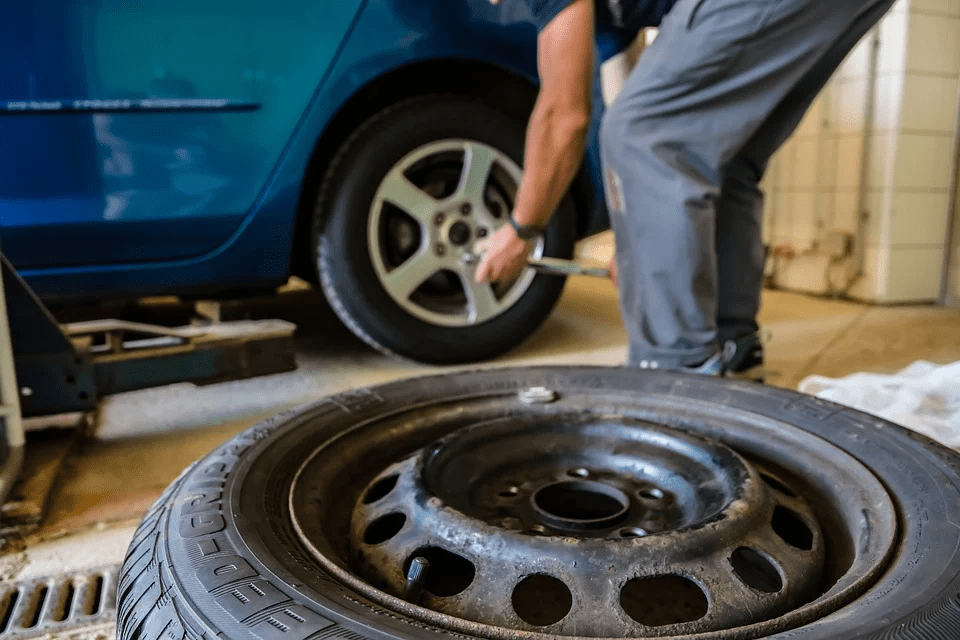4 Most Important Factors to Consider When Purchasing a Car
Buying a new car can make anyone feel giddy with excitement. But before you head to your nearest dealership, do some research on what to look for. You may have a brand and model in mind, but think more on the purpose your new car will serve. This can help you understand the different factors that you will also need to look out for.
If you’re not coming up with much, don’t worry; we’ve compiled a list of the most important factors that you should consider when purchasing a car:
1. Features
This is one of the first elements to consider. Once you’ve figured out what your main purpose for purchasing a car is, you can make a checklist of your must-have features. Stick to your list and avoid getting a model that has every bell and whistle for the sake of having them all.
Safety features are typically the number one on most car buyers’ lists while efficiency in fuel consumption and overall quality are second and third, respectively. It’s not surprising since without them, you’re likely to face more risks and costs—and not just in terms of your finances.
2. Price
The next thing you need to consider is your budget. Don’t be afraid to discuss and negotiate at the dealership. They can give you a good idea of your options and even give you a reasonable price. Of course, you should do your own research beforehand so you can direct the discussion to get what you really want.
With regards to the payment, you may not have enough cash on hand so you can get a loan or other forms of financing to aid you. You will have to review your credit score to see if you can get a good deal from the bank or even from the dealership whose finance department can provide financing.
3. Ownership Costs
Other than the expense of buying the car itself, you’ll have to shoulder accompanying costs like fuel, insurance, and maintenance. In California, the Ferrari of Rancho Mirage gives their customers the convenience of availing their many services. Knowing whether your car model has a nearby service center can save you a lot of time and money when looking for spare parts and quality maintenance.
For a better estimate, go for around 15-20% of your monthly budget when weighing ownership costs for your car. This part of your research will take more effort but it pays off in the long-run. Ask your insurance company, your nearest dealership, or even just other car owners you know to find out what your options are.
4. Residual Value
Think a bit further into the future where you are likely to upgrade your car once the times have caught up. The value of your car depreciates after a while so if you’re thinking of purchasing a secondhand vehicle, you’ll start off with a car that will have a lower residual value in the future.
Another factor that can increase the rate of depreciation is the availability of the car model in the market. If your car model is widely used, it will depreciate faster than if it was a rarer model. This is why limited-edition or very expensive models have a higher residual value even after many years.
Getting a car entails a lot of responsibility but you can make things easier by doing significant preparation even before you receive it. You may also require the services and help from others such as your family, friends, and car dealers, so don’t be afraid to reach out. With their contribution, you can set yourself up for a better lineup of choices and end up with a car that may be better than you imagined.














